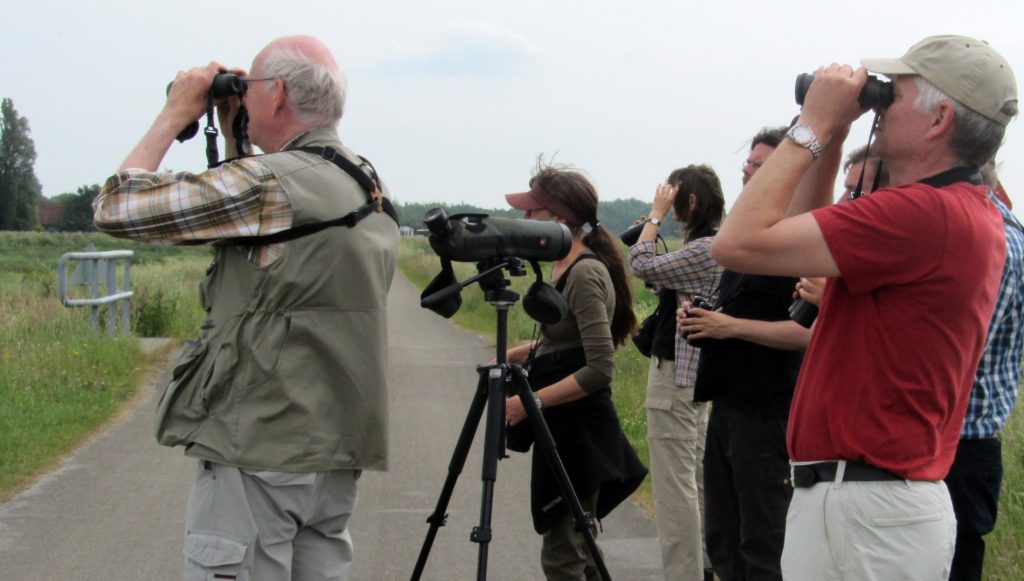Barcoding Galapagos: Recording and mitigating Covid-19 impacts using key-workers in eco-tourism

Funders: Engineering and Physical Sciences Research Council (EPSRC)
Ecuador, with Galapagos as its flagship, has become a major destination for ecotourism, and this industry now accounts for 6% of GDP on the mainland and an estimated 80% on Galapagos. However, the current Covid-19 pandemic has revealed the susceptibility of ecotourism to perturbation, and the particular vulnerability of professionals employed directly by tourists, such as specialist naturalist guides. To secure the longterm future of the ecotourism model, short- to medium-term employment is needed for such key workers in the ecotourism industry coupled with training to build capacity for the long-term.
Our vision is to to train and employ 84 naturalist guides to catalogue the biodiversity of Galapagos, from microbe to mammal, using 21st century genetic barcoding approaches. This 'Barcode of Life' project will ensure that: (1) the genetic profile of Galapagos is documented and curated so that the direct and indirect impacts of environmental perturbations can be quantified; and (2) naturalist guides, who are central to economic recovery for a population almost entirely reliant on ecotourism, receive immediate capacity-building employment. This is a Partnership Project between University of Exeter, Galapagos Conservation Project and San Francisco de Quito University.

